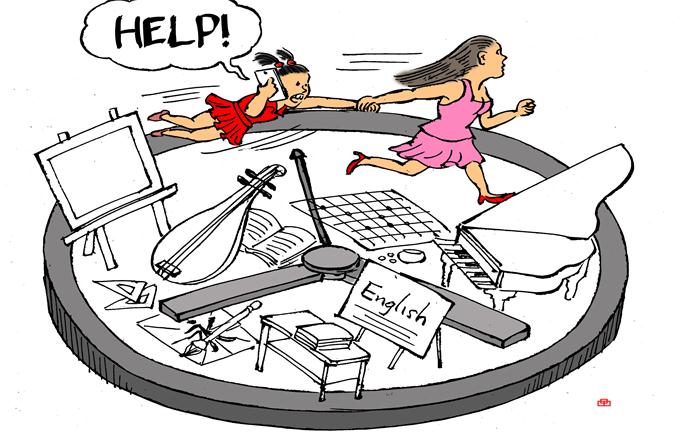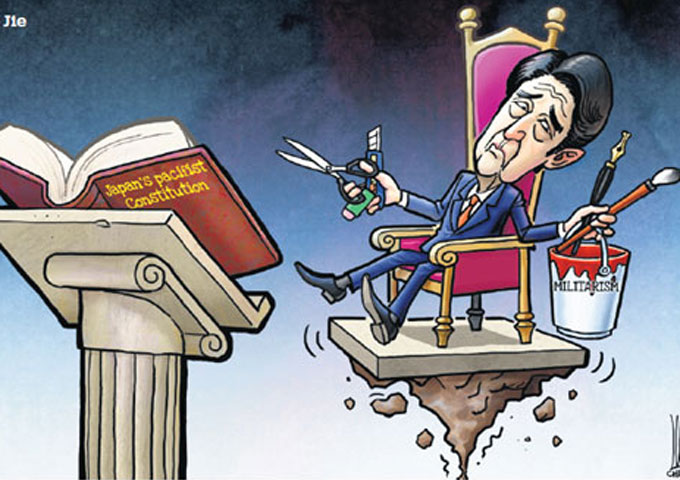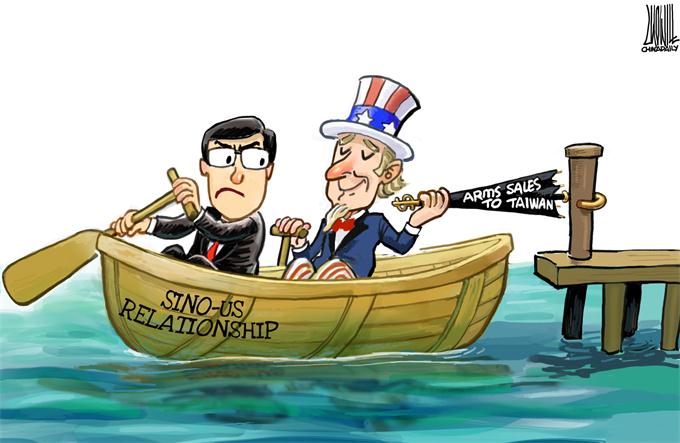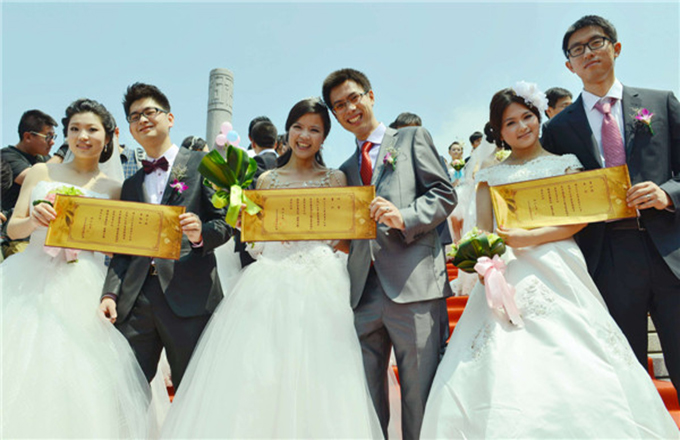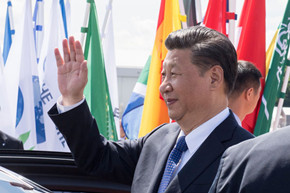China's diplomacy makes world a better place
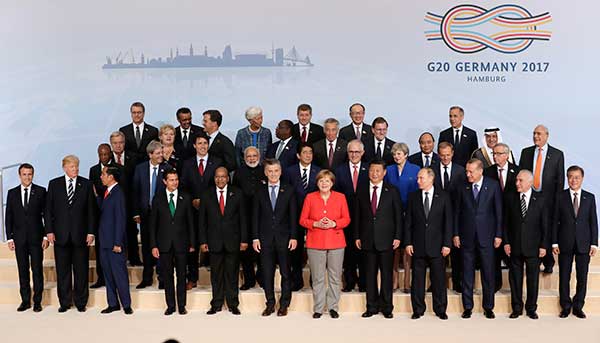 |
|
The G20 Summit participants pose for a group photo on the first day of the summit in Hamburg, Germany, on Friday. The summit will conclude on Saturday. MICHAEL SOHN/ASSOCIATED PRESS |
During his meetings with Russian President Vladimir Putin, Prime Minister Dmitry Medvedev, as well as Russian media and business leaders in Russia, Xi strengthened the consensus on policy and strategy between Beijing and Moscow over a range of important global issues, including the synergy between the China-led Belt and Road Initiative and Russia's Eurasian Economic Union, Russia-China media cooperation, Northeast Asia security, the deployment of the US' Terminal High Altitude Area Defense anti-missile system in the Republic of Korea and the Syrian crisis.
During his visit to Germany, the talks Xi held with German Chancellor Angela Merkel and other German leaders and the bilateral deals agreed elevated Beijing-Berlin ties to a new level. Incidentally, China is the largest trading partner of Germany, and Germany the largest trading partner of China in the European Union.
Xi and Merkel also opened the new panda enclosure in Berlin Zoo for Meng Meng and Jiao Qing to make the 45th anniversary of the establishment of China-Germany diplomatic relationship even more memorable.
Besides, Xi's signed article titled, "To Make the World a Better Place", was published in mainstream German media, highlighting the mutual gains of China-Germany ties and outlining his optimistic vision for future growth of bilateral relations through the synergy between China's "Made in China 2025" and Germany's Industry 4.0, and the connectivity between the G20 Summit and Belt and Road Initiative. The article also lauded the China-Germany consensus on world affairs, including the two countries' shared advocacy for an innovation-driven, open and inclusive world economy, and the measures to fight climate change.
Some international media outlets praised Xi's visit to Germany. While the Financial Times said, "Panda fever grips Berlin on Chinese president's trip to Germany", Bloomberg News reported that China and Germany are moving toward world leadership while the United States is retreating. These developments can be attributed to the high-level of consistency and consensus that Xi and Merkel have maintained over the years, which are also reflected in their approach to G20.
In his speech at the G20 Summit in Hamburg, Xi emphasized China's commitment to the creation of a global community of shared destiny and urged the international community, especially the G20 member countries, to help shape a more open, inclusive and equitable world economy. He said the Belt and Road Initiative, which is compatible with the G20's goals, is a new global platform of multilateral cooperation capable of harnessing new sources of growth. And by participating in it, the G20 members can help greatly boost global growth. The G20 members welcomed Xi's call, and with the exception of the US, they also pledged to honor the Paris climate change agreement.
Guided by the vision of building a global community of shared destiny with the help of the Belt and Road Initiative, Xi's patient and humane diplomacy helped cement a stronger degree of consensus among China, Germany and Russia. He also held bilateral meetings with leaders of some other countries on the sidelines of the G20 Summit.
Thanks to Xi's diplomacy, the future of the world appears more manageable despite the rise of anti-globalization in some countries, which resulted in Brexit in the United Kingdom and the election of Donald Trump as US president last year, and the withdrawal of the US from the Paris climate agreement about six weeks ago.
Perhaps a new world order is beginning to emerge thanks to Xi's diplomatic push for inclusiveness, openness and equality.
The author is a distinguished adjunct professor at the School of Journalism and Communication, and a research fellow at the National Academy for Development and Strategy, Renmin University of China.






